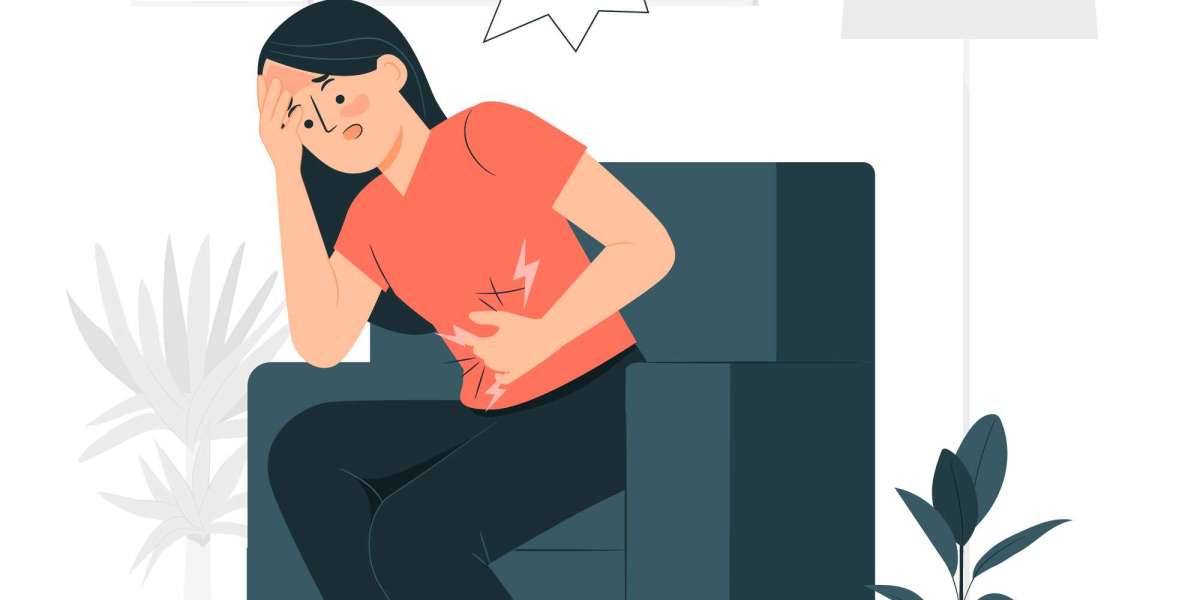Abnormal uterine bleeding (AUB) is a frequent concern experienced by many women. It can be a source of discomfort and concern, particularly when it occurs unexpectedly or more frequently than normal. One surprising yet significant cause of AUB is stress and lifestyle factors, which many overlook. In this article, we will explore how stress and lifestyle choices contribute to abnormal uterine bleeding and what you can do to manage it.
Understanding Abnormal Uterine Bleeding (AUB)
Abnormal uterine bleeding refers to any deviation from a normal menstrual cycle, including unusually heavy periods, spotting between periods, or irregular cycle lengths. A typical menstrual cycle lasts between 24-38 days, with bleeding lasting about 4-7 days. Any pattern that falls outside of this range can be considered abnormal. AUB can occur due to several reasons, including hormonal imbalances, reproductive health issues, and external factors like stress and lifestyle choices.
Common Symptoms of AUB
Heavy or prolonged menstrual bleeding
Bleeding between periods
Irregular menstrual cycles
Spotting after intercourse
Shorter or longer menstrual cycles
The Role of Stress and Lifestyle in AUB
While many factors can contribute to AUB, stress and lifestyle choices play a crucial role. Let’s break down how:
Stress
Chronic stress affects your body in many ways, and one of the systems most impacted is the reproductive system. High levels of stress disrupt the balance of hormones, particularly those responsible for regulating the menstrual cycle (estrogen and progesterone). When your body is under constant stress, it may trigger irregular periods, heavy bleeding, or skipped periods entirely.
Lifestyle Factors
Certain lifestyle habits can also contribute to AUB. These include:
Poor Diet: Diets high in processed foods, sugar, and unhealthy fats can lead to hormonal imbalances.
Lack of Exercise: Physical inactivity can cause weight gain, which in turn affects estrogen levels and menstrual health.
Sleep Deprivation: Not getting enough sleep can lead to stress and hormonal disruptions, affecting your menstrual cycle.
Excessive Alcohol or Caffeine: These substances can have a negative effect on hormonal balance, potentially contributing to irregular bleeding.
How to Identify and Manage AUB Due to Stress and Lifestyle
It is important to note that stress and lifestyle factors alone may not be the only causes of AUB, but they are significant contributors. To effectively manage and treat AUB, it’s crucial to consult with a healthcare professional who specializes in reproductive health. You can easily reach out to abnormal uterine bleeding doctors in India or book an appointment with the best obstetrics gynecologists online consultation services for expert guidance.
Ways to Manage Stress and Lifestyle-Induced AUB
Lifestyle Factor | Impact on AUB | Recommendation |
Stress | Hormonal imbalance, irregular cycles | Practice stress-reduction techniques |
Poor Diet | Disrupts hormone levels, causes weight fluctuations | Adopt a balanced, nutrient-rich diet |
Lack of Exercise | Leads to weight gain and hormone imbalance | Regular moderate physical activity |
Sleep Deprivation | Contributes to stress and hormone disruption | Ensure 7-9 hours of quality sleep |
Excessive Alcohol/Caffeine | Affects hormonal regulation | Limit alcohol and caffeine consumption |
Why You Should Take Action Now
If you’ve been experiencing irregular menstrual cycles, heavy bleeding, or spotting and think stress or lifestyle factors may be to blame, it’s important to address these issues promptly. Overlooking these symptoms may result in more serious health issues. In many cases, managing stress and making lifestyle changes can significantly reduce AUB. However, it is essential to rule out any underlying medical conditions by consulting with a healthcare professional.
Action Steps:
Consult a Doctor
The first step is to consult with a specialist who can provide you with a diagnosis and personalized treatment plan. You can book the best online doctor consultation or consult with abnormal uterine bleeding doctors in India for expert advice.Lifestyle Adjustments
Begin by adding healthy habits to your everyday routine. From regular exercise to a balanced diet, these changes can help manage stress and hormonal imbalances.Routine Checkups
Schedule routine health checkups to monitor your reproductive health. You can now access the best obstetrics gynecologists online consultation in India to receive 24/7 medical support without leaving your home.
Conclusion
Stress and lifestyle factors play a significant role in abnormal uterine bleeding, and addressing these elements can greatly improve your reproductive health. By understanding the impact of your daily habits and seeking timely medical advice, you can manage AUB effectively.








